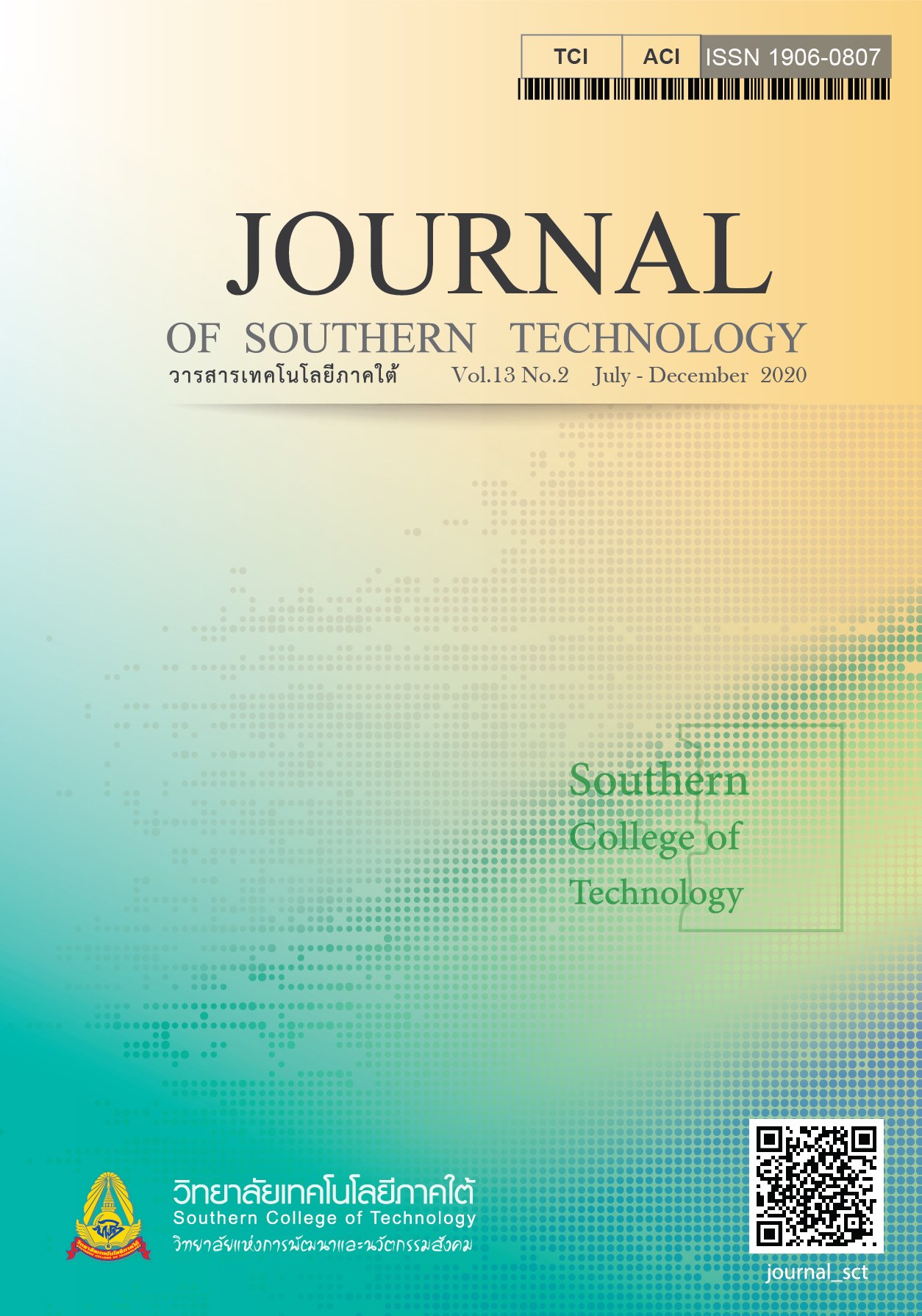Philosophical Foundations of Public Policy for Smart City Policy
Main Article Content
Abstract
In the past century, the education guidelines are more focused on the process of being a city with the expansion throughout the world with the tendency to expand continually. Thailand tends to expand in the city as not different from other countries in the world. The results from the development resulting in continuous changes in the country in the aspect of economic, society and ecological as well as attracting foreigners and the residents from the countryside to settle in the concentrated area in the city. The quality of life of the people in the area contrasts with the size of the city. Many academicians are trying to find a way out for the city. The idea of developing a major city in the digital age is inevitable, using digital technology to help problems solving. Smart City concept has played an important role in the development of leading cities around the world which means to drive the concept of Intelligent City. Therefore, it is also need to study the philosophical foundation of public administration to seek knowledge related to problems, principles and results of public policy, Intelligent City, and critically seeking basic principles by trying to see the results as systematically as possible.
Article Details
-
Authors must agree to the journal publication rules and allow the editors to edit the manuscripts for publication.
-
Author’s right belongs to the author but Journal of Southern Technology holds the right of first publication and thus allow readers to use the article for the purpose of education but not commercial.
References
Apavatjrut, C. D. (2002). Sustainable City Concept and Western Experience. Chiang Mai; Social Research Institute Chiang Mai University. [in Thai]
Bollier, D. (1998). How smart Growth Can Stop Sprawl: A Fledgling Citizen Movement Expands. Washington D.C.: Essential Books.
Chandarasorn, V. (2016). An Integrated Theory of Public Policy Implementation. Bangkok: Prickwan Graphic. [in Thai]
Chandarasorn, V. (2019). Public Administration: A Science and Art of Public Affairs Management. Bangkok: Prickwan Graphic. [in Thai]
Cisco. (2005). The Smart City: Dubai. Retrieved February 2, 2018 from http://www. cisco. com/web/ learning/ le21/le34/downloads/689/nobel/2005/docs/Abdulhakim_Malik.pdf.
Dameri, R. P. (2017). Chapter 2: The Conceptual Idea of Smart City: University, Industry, and Government Vision. In Smart City Implementation Progress in IS., 23-43. DOI: 10.1007/978-3-319-45766-6_2
Economic and Social Council. (2016). Smart City and Infrastructure: Report of the Secretary General. Retrieved December 1, 2019 from http://unctad.org/meetings/en/Sessional Documents/ecn 162016d2_en.pdf
Digital Economy Promotion Agency. (2018). Master Plan for Smart City Development in Thailand. Retrieved December 1, 2019 From http://www.depa.or.th/sites/default [in Thai]
Goldember, J. (1998). Leapfrogging energy technologies. Energy Policy, 2(10), 729-741.
Hilmes, D. (2001). eGov eBusiness Strategies for Government. London: Nicholas Brealey.
IBM. (2009). Smarter Cities: New York. Retrieved February 2, 2018 from http://www. Ibm.com/smarter planet/us/en/smarter_ cities/article/newyork2009.html.
Kokpol, O. (2016). Urbanization: “When the City” become a problem of Modern Local Management. Bangkok: King Prajadhipok's Institute. [in Thai]
Lerner, D., & Lasswell, H.D. (1951). The Policy Sciences Recent Developments in Scope and Method. Stanford: Stanford University Press, California.
OECD. (2012). OECD environmental outlook to 2050: the consequences of inaction. Retrieved February 22, 2018, from http://www.Naturvardsverket.se/upload/miljoarbete-i-samhallet/Internationellt-miljoar bete/multilateralt/oecd/outlook-2050-oe cd.pdf
Office of the Prime Minister. (2016). Digital Economic Prep Committee Meeting 1st. Retrieved December 4, 2018 from Strategic Team and Public Relation Plan: http://www.thaigov.go.th/index.php/Governmentth1 [in Thai]
Osborne, D., & Gaebler, T. (1992). Reinventing Government. Reading, PA: Addison-Wesley.
Phetsrichat, K. (2017). Public Policy on Urban Development. Political Science Faculty, Master of Public Administration: Chulalong- korn University Press. [in Thai]
Pimoljinda, T. (2017). Policy in the Future: Connection Point in Practice and Theoretical Gaps. Bangkok: Charan Sanitwong Printing. [in Thai]
Portland. (2011). Electric vehicle infrastructure drives Portland’s economy and environ ment. Retrieved February 2, 2018, from http://www.oregonlive.com/opinion/index.ssf/2011/05/Electric_vehicle_infrastructure.html
Schmidt, E., & Cohen, J. (2013). The New Digital Age. New York: Mel Parker Books and Trident Media Group.
Sirisumphand, T. (1996). Introduction of Public Policy. Bangkok: Chulalongkorn University Press. [in Thai]
Sirisumphand, T. (2000). Reformation Strategy of Public Affairs Management. Bangkok: King Prajadhipok's Institute. [in Thai]
Sumalee, A., & Tanchai, C. (2019). SMART CITY: Basic Conceptual and Operating System for Digital City Era. Bangkok: A.P. Graphic Design and Printing Company Limited. [in Thai]
Thai Government. (2018). Smart City Development Driving Committee Meeting, 1/2019. Retrieved November 25, 2019 from http://www.thaigov.go.th/ news/contents/ details/9739 [in Thai]
United Nations. (2015). World Urbanization Prospects: the 2014 Revision. Retrieved February 22, 2018 from http: //esa.un.org/ unpd/wup/Publications/Files/WUP2014-Report.pdf
United Nations. (2018). World Urbanization Prospects 2018 Revision. Retrieved November 28, 2019 from https:// population.un.org/wup/Publications/Files/WUP2018-KeyFacts.pdf
Woodrow, W. (1887). The study of administration. Political Science Quarterly, 2(2), 197-222.

